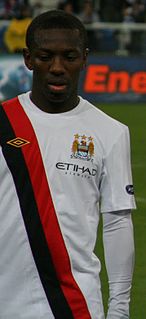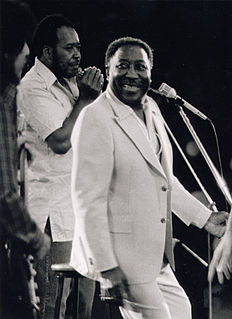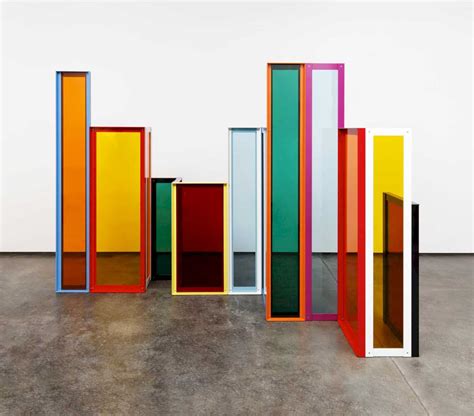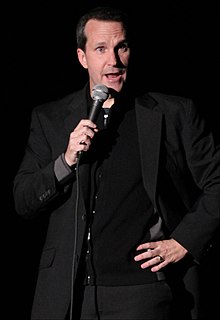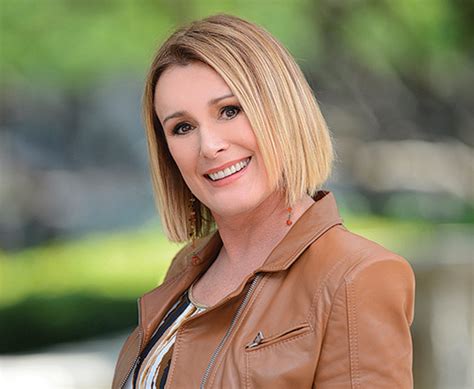A Quote by Rem Koolhaas
At that time [90th in Lagos], if you drove through the city, you drove through a foreground that always seemed to be incredibly dramatic and incredibly agonised - smoking, burning, incredible compression. In the first year we stayed on the ground and went everywhere. But then in order to discover whether this was the whole story, we rented a helicopter. And we began to understand that this is not chaos but a highly modern system that had been abandoned, then at some point went into reversal, then slowly came out of it.
Quote Topics
Related Quotes
My first car was kind of sad. My first car was when my parents had completely worn out their Toyota Corolla that they had for 16 years or something. They gave me, for my 19th birthday, this really ancient Toyota. So that was my first car. And I loved it. I thought it was amazing, and I drove it cross-country. It was not aesthetically appealing in any way. It was it fast. It did not handle well, but it lasted forever. I drove cross-country and back, and then I gave it to my sister, and she drove it for another 10 years.
You cannot begin to imagine the shock I had when I came down on the floor for the first time. First of all, there's this whole thing about playing sitcom comedy. I didn't want to do the sitcom thing, but I didn't know what else to do. I went slowly. We went through the week of rehearsal, then we got on the floor with the cameras, which I'm used to because of my experience in the old days. Then came camera day, with an audience, and it was stunning, enthralling, exciting and chaotic. I had never experienced anything like that before, as an actor. I was part minstrel, part actor.
When I first came to Washington in the 1960s, even at the height of the Vietnam War, until the end there in '68 there was a certain climate of cooperation. And then in the late sixties and in through the seventies, politics began getting more mean. And then from the eighties on it seemed to be institutionalized, this personal attack business. And I just hate it.
One day, when I came home from work, I accidentally put my car key in the door of my apartment building. I turned it, and the whole building started up. So I drove it around. A policeman stopped me for going too fast. He said, "Where do you live?" I said, "Right here!" Then I drove my building onto the middle of a highway, and I ran outside, and told all of the cars to get the hell out of my driveway.
The U.S. has always been a contradiction. It's always been a deeply protectionist, institutional place, where you're not allowed to smoke, and you're not allowed to do this, and you're not allowed to do that. And then, on the other hand, it's completely libertarian in a way. So it's got this weird mixture of being incredibly authoritarian and incredibly open at the same time.
There was a place in the Hills, on the first ridge in the Game Reserve, that I myself at the time when I thought that I was to live and die in Africa, had pointed out to Denys as my future burial-place. In the evening, while we sat and looked at the hills from my house, he remarked that then he would like to be buried there himself as well. Since then, sometimes when we drove out in the hills, Denys had said: "Let us drive as far as our graves.
Whether it's a professional, academic keeping people out by using certain mystifying language, or technologists presenting their work as incredibly complicated, no one can understand it (especially not "moms," who are always invoked as the ultimate know-nothings, which is incredibly insulting to a whole lot of people).
I was driving down a familiar road one fall day when I almost drove off the road, the beauty was so intense. It looked as if God had sent in a team of the world's finest artists overnight-and I was privy to the opening day of his spectacle. As I slowly drove along this festive row, leaves danced in the air and brushed against my windshield. It seemed as if I had landed in Oz. I was strongly tempted to get out and clap at God's imagination.


